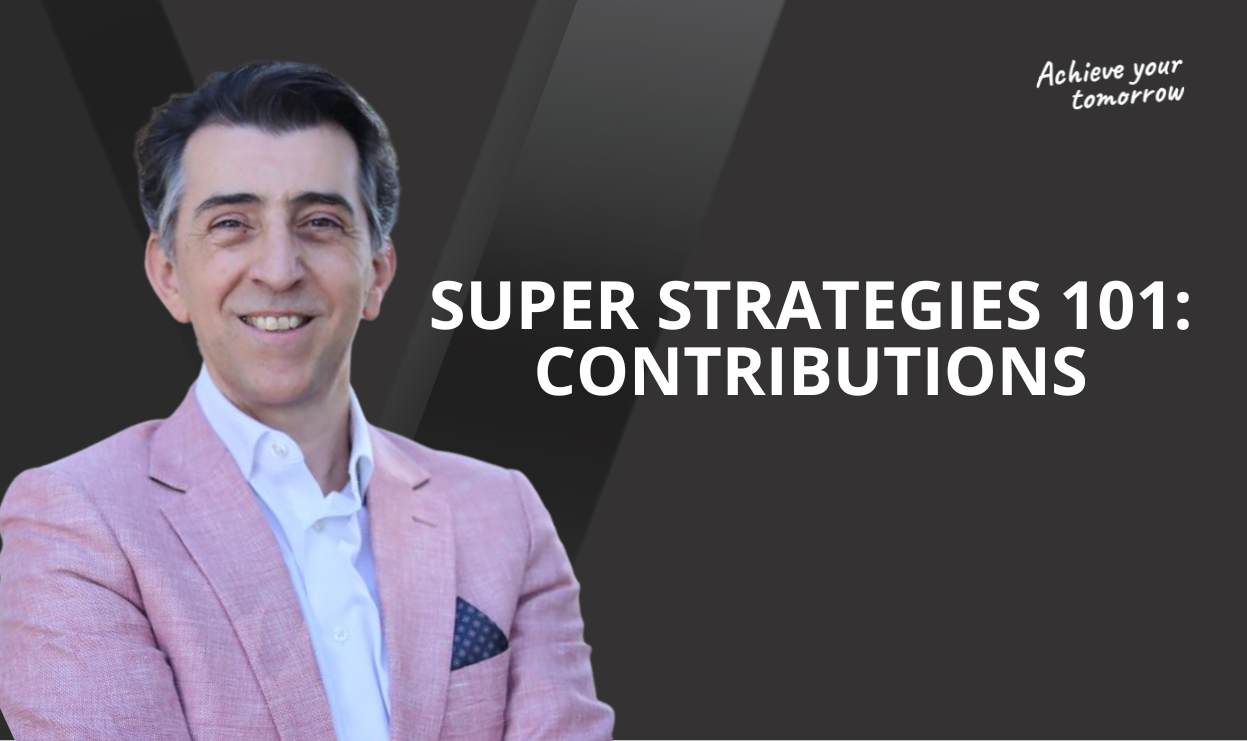

While we meticulously plan for retirement and build up our superannuation, many Australians overlook the importance of estate planning.

While we meticulously plan for retirement and build up our superannuation, many Australians overlook the importance of estate planning. Ensuring a financial legacy for loved ones is often neglected, despite its significance.
Estate planning can be daunting, but it's crucial to secure your financial legacy. If you've been avoiding it, here's how to get started and what you need to know.
Start with the Basics
A great starting point is to get a legally binding will in place. Surprisingly, up to 70 percent of Australians don't have one. Alongside this, having an honest conversation with family and friends about your wishes is essential to ensure everyone is on the same page. This discussion should include healthcare and aged care-related decisions, as well as your financial estate.
If your finances are straightforward, you might be able to handle the planning yourself. However, more complex scenarios may require the help of a solicitor.
Sorting Your Superannuation
Next, focus on your superannuation. It's important to know that your super isn't part of your estate; it's a separate asset. By putting a binding nomination on your account, you can have more control over who will receive your remaining super after your death. Without this, a trustee will decide the beneficiary.
Many Australians neglect this step, with a significant percentage not having fully set it up. A Financial Adviser can help you plan the most tax-efficient way to pass on any remaining super. While superannuation is tax-free after age 60, it may not be tax-free for your dependents after your death. Discussing the tax implications with your Adviser is a great way to start planning ahead.
Engaging a Professional
For more complex estate planning, bringing in a Financial Adviser is advisable. Professional assistance is particularly important for scenarios like blended families, second marriages, unequal wealth between partners, overseas assets, and family rifts or estrangement.
A professional can also be an essential ally for your loved ones after your death. They will know the family structure, the value of the assets, how they’re owned, and where all the insurance policies are. They’ll also be aware of the tax implications, providing invaluable support to the surviving partner or children navigating the estate process.

When most of us think about building wealth, our minds jump straight to shares, property or superannuation. But there’s a crucial piece of the puzzle that often gets overlooked: insurance.

Superannuation is a key part of retirement planning for Australians, and understanding the different types of contributions can help you make the most of your super.

The past week delivered a tale of two markets. On one side, a reassuring U.S. inflation print and a surprisingly strong labour market report suggested the American economy remains on solid footing.
Stay in the know with the latest updates, insights, and exclusive content delivered straight to your inbox.